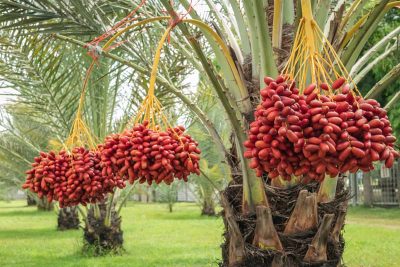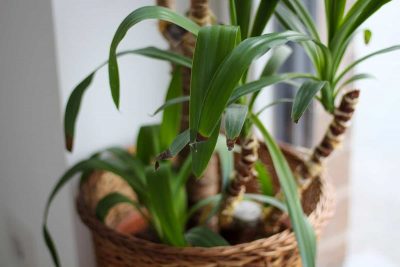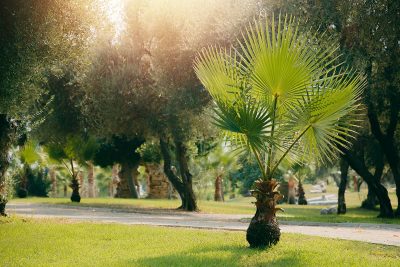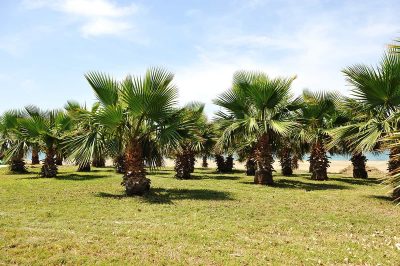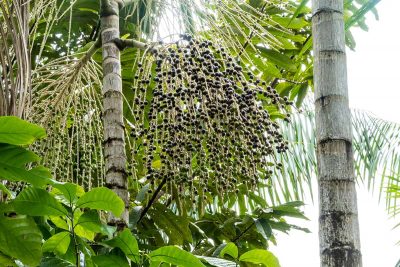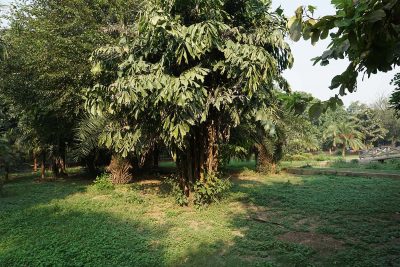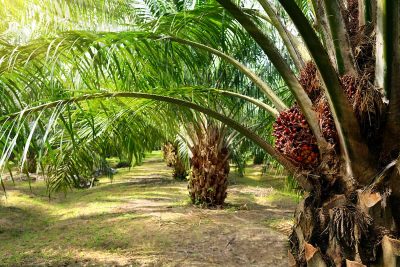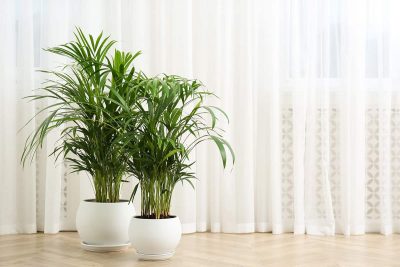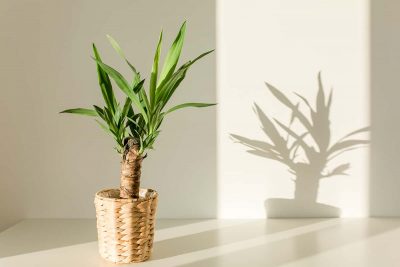Date palm trees are exquisite landscape trees that also offer the benefit of providing healthy and delicious fruits. These palms have long been cultivated in tropical and subtropical climates around the world, and they continue to be one of the most popular palm trees to grow in these regions. Here we look at the history of Date palms, and how to care for them.
Palm trees are susceptible to a number of diseases, with some palms being more vulnerable than others. Here we reveal the key identifying factors of various palm tree diseases, and what you can do to protect your tree or manage the disease.
Small types of palm trees include the Needle Palm and Cat Palm that grow to around 6 feet in height, and the Dwarf Sugar Palm that does not extend beyond 8 feet tall.
Palm trees come in a broad range of sizes depending on their species and the conditions they are grown in. Small palm trees can have mature heights of just 6 feet when grown outside, while as houseplants, they can top out at just 1 foot tall. The tallest palm trees reach nearly 200 feet in height, though it’s more common for tall palms to extend to between 50 and 80 feet in height.
The Ponytail Palm is misleadingly named because it is not a palm at all, and in fact, it is not even a tree. Instead, it is a type of succulent that belongs to the Agave family, and it grows in desert, rainforest, and mountain environments. Here we explore the origins of the Ponytail Palm and delve into the best ways to care for it as both a garden specimen and as a houseplant.
The Acai Palm is native to the Amazon rainforest, primarily growing in Brazil but it can also be found in swamplands and floodplains across South America. It is an evergreen tree that has multiple tall and slender trunks, and long, elegant pinnate leaves.
Palm trees are evergreen, flowering plants which all belong to the Arecaceae family. This family is widely known as the Palm family, since it comprises over 2500 different species of palms. Palms are considered to be a tropical type of tree, however they grow in a diverse range of habitats, from rainforests, to beaches, and deserts.
Fishtail Palms are an interesting and easily identifiable type of palm, thanks to the jagged edge of their leaves, which make them look like fishtails. These palms do not typically grow from a single stem or trunk, and instead produce multiple stems in clumps. Many types of Fishtail Palms send out suckers, though not all of them do this.
There are a number of factors that will affect how much you will pay for a palm tree to be removed. The key factors affecting the cost are the type of palm tree removal you need, the height of the palm, and so on. Keep reading to for further details
Here we look at some of the best types of palm that can be used to create shade, and how to care for them.
The Cat Palm does not take the shape of a tree like many palms. It lacks a central trunk or main stem, and instead produces a dense clump of multiple slender stems which hold large, arching fronds of pinnate green leaflets. These plants make excellent tropical style privacy borders when planted in a row, because of the mass of fronds. They can also be kept as attractive houseplants, creating a similar look to the Areca Palm.
Yucca Palms are a palm-like type of tree which actually belong to an entirely different family to palms. These trees are native to South America and parts of the Southern United States, and they can feature a central trunk or multiple trunks, with crowns of sword-shaped foliage bursting out like stars at the top.
